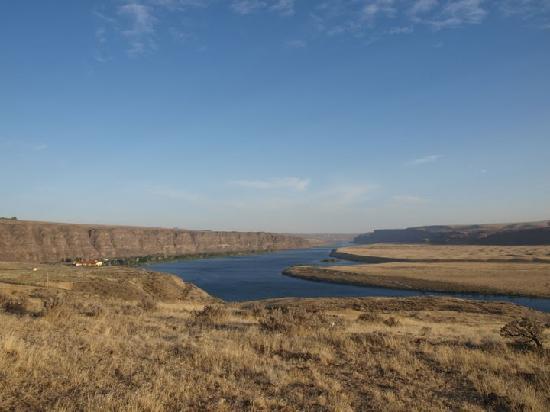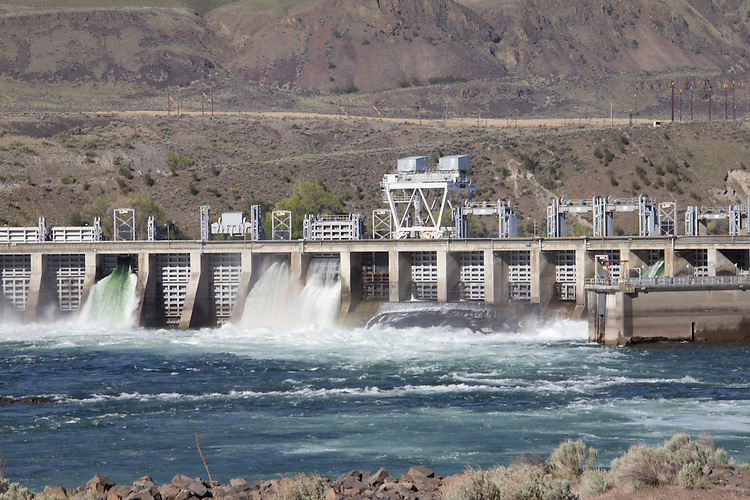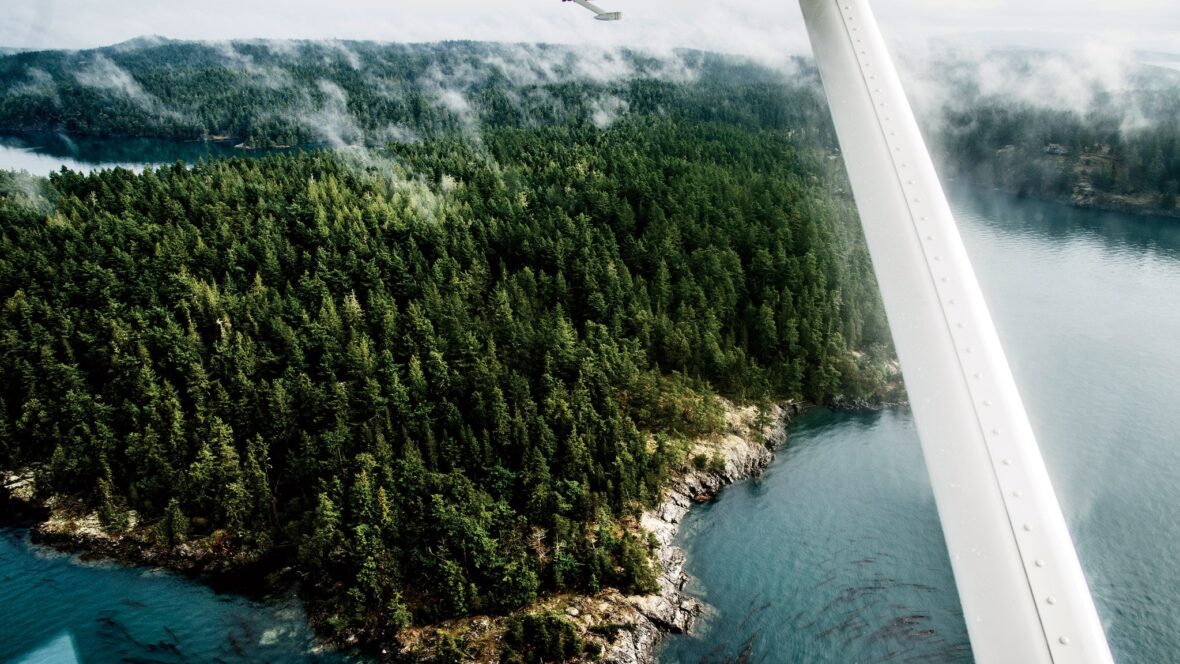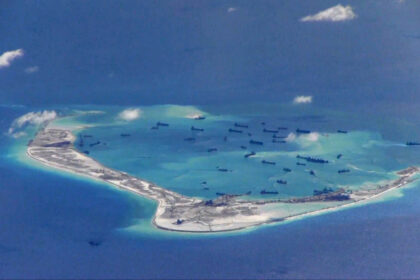Rock Island is a city in Douglas County, Washington, United States. It is part of the Wenatchee–East Wenatchee Metropolitan Statistical Area. Take a look below for 20 fascinating and awesome facts about Rock Island, Washington, United States.
1. The population was 788 at the 2010 census.
2. Rock Island was officially incorporated on November 3, 1930.
3. The area of Rock Island was used by Native American tribes for fishing and crossing of the Columbia River due to the nearby Rock Island Rapids prior to settlement of the Washington Territory.
4. The site had been previously settled in the late 19th century and was known as Hammond; early maps sometimes show the city as Hammond P.O. (Post Office) or Power City.
5. In the teacup valley in which Rock Island is currently located, two men, Ingraham and McBride, opened a trading post in the early 1860s. Their patrons were local Native Americans, who often fished that stretch of the Columbia when the fish were running.
6. The two pioneering men would later move their post to the mouth of the Wenatchee River, leaving little trace of their stay.
7. The most notable figure in Rock Island’s founding is James E. Keane. As the first permanent settler to the Rock Island area, James Keane arrived with a crew of men in 1887.
8. Keane planned to build a home and improve the land that he had acquired through the Homestead, Pre-emption, and Desert Acts. Four years later, the Great Northern Railroad made its first survey of the area and began construction toward the valley from the east. One half mile upriver from the well-known Rock Island Rapids, Mr. Keane platted a townsite he named Hammond.

9. Hammond was located nearly 2.5 miles south of the present site of the City of Rock Island due to changes in planning by the Great Northern Railway. Keane moved his townsite to this new area and named it Rock Island, named aptly for the rock islands in the Columbia River near the site.
10. Between 1891 and 1893, Rock Island became a town of considerable importance for the railroad.
11. The mammoth steel bridge that was built across the Columbia drew many laborers to the area, and the small town boomed. Several stores popped up to meet the needs of the workers, and the Rock Island Sun newspaper began publication.
12. The site was thought to be the area where the large city of the area would develop as it was located near the Rock Island Rapids and near the bridge which spanned the Columbia River for the Great Northern Railway.
13. Despite these strategic advantages, the large city in the area would become Wenatchee, just seven miles upriver from the site of present-day Rock Island.
14. In 1893, however, the completion of that first bridge across the Columbia marked the downfall of Rock Island. With few jobs in town to entice them, the employees of the railroad moved away.
15. In 1930, Rock Island boomed again when the Puget Sound Power and Light Company began construction of a dam just below the Rock Island Rapids. The project was estimated at 10 million dollars and the Rock Island Dam was to be the first dam on the Columbia River.
16. On November 3, 1930, with the construction of the dam in full swing, Rock Island was officially incorporated as a Washington state town, with a population of 421 residents.

17. The town boomed for a second time in its history as workers for the dam project created temporary villages near the town, but it could not last. When two of the dam’s generators began producing power in 1931, and the final spillway was closed in 1932, Rock Island again faced a bust and a loss of residents.
18. Many Native American pictographs were destroyed with the construction of the Rock Island Dam. A small sampling of pictographs saved prior to the construction of Rock Island Dam can be seen at the Wenatchee Valley Museum & Cultural Center in nearby Wenatchee.
19. During World War II a silicon smelter would be built in the town of Rock Island, closing in 1999. Rock Island was also home to a nearby state park, appearing on maps until the late 1940s.
20. This region experiences warm (but not hot) and dry summers, with no average monthly temperatures above 71.6 °F. According to the Köppen Climate Classification system, Rock Island has a warm-summer Mediterranean climate, abbreviated “Csb” on climate maps.




